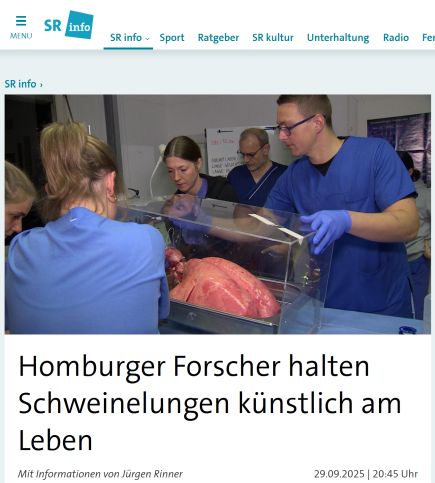International PhD course:
Current and future Air Pollution management
– Perspectives on new sensor technologies
A portASAP Training School on Low Cost Air Quality Sensors
organized by Aarhus University in cooperation with Saarland University and Aristotle University Thessaloniki.
Date and duration
Week 36: September 2, 2019 @ 09:00 – September 6, 2019 @ 13:00. Duration of 5 days.
Venue
Aristotle University, Department of Mechanical Engineering, Thessaloniki, Greece (campus map). The training school will take place at the meeting room of the Faculty of Engineering.
Aim
Portable and affordable environmental sensors are becoming popular in Citizen Science activities and are also gaining ground in scientific projects. The recent publication of the WMO report on “Low-cost sensors for the measurement of atmospheric composition: overview of topic and future applications” has signalled the importance of Low Cost Air Quality Sensors (LCAQS) as well as the high interest of the scientific community, city authorities and citizens to their development and application. Such sensor technologies can provide comprehensive information concerning a wide range of pollutants with high spatial and temporal resolution, providing valuable insight concerning the understanding and dynamics of urban air quality as well as of indoor air. Furthermore, low cost sensors can also provide information about acute environmental pollution allowing fast identification of sources and threats. On the other hand, their limited accuracy and their lack of performance when compared to reference instruments pose considerable challenges toward their improvement to achieve acceptance in various application fields.
The school aims at providing fundamental training and expertise in the area of urban air quality monitoring and modelling, for better and more effective LCAQS design, development, calibration and use. LCAQS technologies and basic functionalities will also be addressed. The training school will address the technology chain from sensor elements via sensor systems and calibration to their use for environmental services incl. combination with modelling.
Expected results
The main result will be the knowledge shared and the collaboration potential that will be increased between the training school participants. Students will
- receive MSc/PhD level education from University Professors/researchers that have a high experience in urban air quality modelling and monitoring and in LCAQS characteristics and use
- work in the interdisciplinary domain of LCAQS use, approaching them not only as open source hardware but also as IoT nodes for smart city applications
Further information



